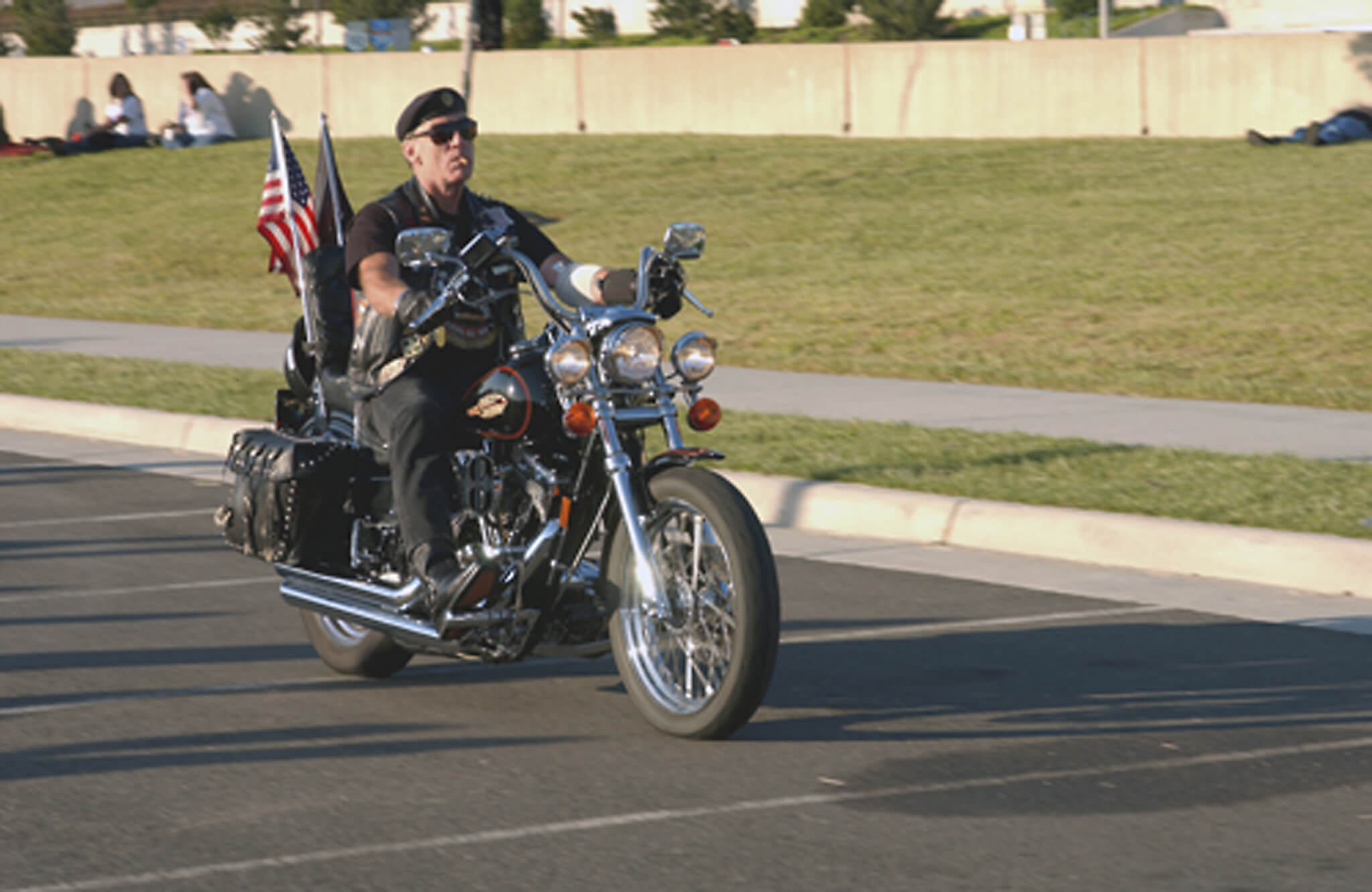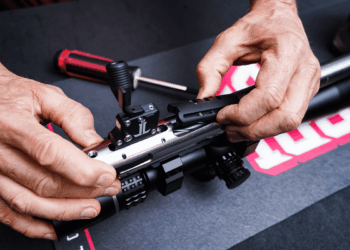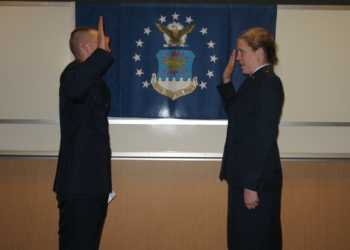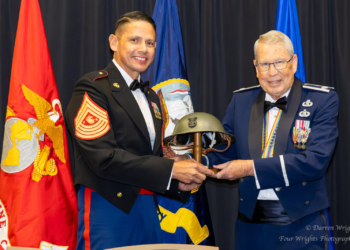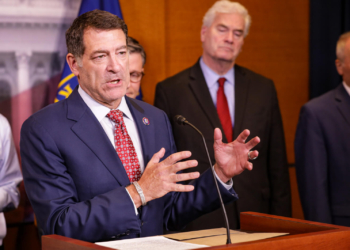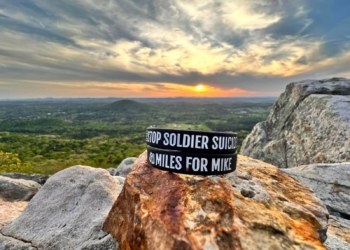
Artie Muller was just 20 years old when he deployed to Vietnam. The New Jersey-native spent 13 months in the Southeast Asian country as a soldier fighting for the Army. It would be one—of many times—he would learn about the inadequate treatment of US servicemen, experiencing the neglect himself with spoiled rations, scarce weaponry, and lackluster leadership. It was also one of many experiences that prompted him to start Rolling Thunder—a veterans service organization united in bringing accountability to the POW-MIA issue.
“We will never forget”
Thirty-one years ago, Muller and “a couple of vets” decided enough wasn’t being done to bring American troops home who were captured or unaccounted for. That mission has remained the organization’s central focus ever since its founding, even as the topic has faded from news headlines.
“Being a Vietnam vet, I found out the government left a lot of men and women behind in the wars and a lot was going on with the VA, with our troops, the way they were treating them and all. I just decided to do something about it,” he explained.
As of Apr. 2018, there are over 82,000 unaccounted for from past conflicts, according to the Defense POW/MIA Accounting Agency. Of that number of missing personnel, it is stated that 75 percent are in the Indo-Pacific region.

Rolling Thunder has worked directly with past presidents, including nearly a dozen meetings with former President George W. Bush. As a group, they have also helped get legislation passed. Though, Muller says some areas have improved and some have a long way to go.
“Our main point is the POW issue,” he said. “Nobody has really done anything about it yet. It’s still lingering, and let’s face it, the longer it lingers—if there are any alive—more die.”
The ride for freedom
 For Memorial Day of 1988, Muller and Ray Manzo, a fellow Vietnam veteran, made the decision to grab the attention of DC lawmakers on their own turf. The duo organized a motorcycle ride to the nation’s capital by reaching out to veterans, military families, and advocates. There was symbolism in the way they chose to arrive as the sound of the bikes were reminiscent of the 1965 bombing campaign against North Vietnam called Operation Rolling Thunder.
For Memorial Day of 1988, Muller and Ray Manzo, a fellow Vietnam veteran, made the decision to grab the attention of DC lawmakers on their own turf. The duo organized a motorcycle ride to the nation’s capital by reaching out to veterans, military families, and advocates. There was symbolism in the way they chose to arrive as the sound of the bikes were reminiscent of the 1965 bombing campaign against North Vietnam called Operation Rolling Thunder.
“It (the ride) shuts down Washington DC,” he said.
This year, the iconic ride marks 20 years with more than half a million showing up each year. Attendees often include Americans and international participants from countries like Australia, Guam, and Netherlands.
“Just show up,” Muller says, no sign up required. The event is the day before Memorial Day.
Tangible support for veterans
Besides the formal engagement on legislative issues, some of Rolling Thunder’s most important work is often untold. Muller and his team frequently provide one-on-one support quietly in households around the US. From assisting with rent to providing food, and fighting foreclosures and helping veterans through internal battles, Rolling Thunder is on a campaign to not just improve lives, but save them.
“A lot of it is, 22 a day kill themselves,” Muller said. “When they get out of the military, nobody’s here to help them and I’ve brought them up to many VA directors over the years, telling them we need a program to help our veterans, our military when they get out of the service. There’s nothing there.”
He sees a strong correlation between financial stressors and the immense mental health conditions facing today’s veteran population.
“If you can’t put food on your table for your kids, you’re going to have many depressed,” he added.
A common bond
Rolling Thunder currently has 89 chapters around the country. Members are expected to ‘work for’ their membership in the sense that you get out of it what you put in it. Muller recommends an interested person come to a meeting to see what the group is all about.
“We discuss the issues, new problems, discuss Washington DC and problems we have with the Pentagon,” Muller outlined.
He sees real value in having a commonplace for people to share stories while understanding each other. Members include those from all eras of military service, from World War II forward. However, younger veterans have been reluctant to get involved.
“We’re not getting a lot of the Iraq and Afghanistan veterans,” he shared. “I think they feel like we did when we came home: pissed off, you know—the government—you’re let out of the military service and it’s ‘bye’. There’s nothing to help them.”
Muller wants veterans to know that his organization is full of people who will never again let the treatment of Vietnam War veterans be repeated in this country.
“We have a strong bond with them (current service members) because when they first started the Gulf War, you had all these God damn protestors out again and we said we’re not going to let that happen to them. We went out there and we shut down everybody that was protesting against them …,” Muller said in a direct message to younger veterans.
His next goal is to setup a meeting with President Trump to discuss members’ issues and the ongoing priority to bring all unaccounted military personnel home.
For information on becoming a member or to donate in support of the organization’s work, visit Rolling Thunder.
Read comments

